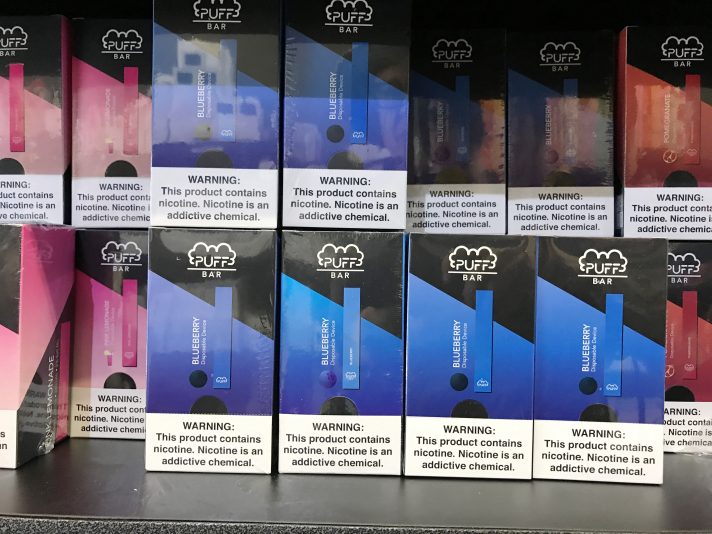
OAN’s Elizabeth Volberding
3:25 PM – Monday, January 8, 2024
The United States Supreme Court has refused to hear R.J. Reynolds Tobacco Company’s challenge to a standard in California that prohibited flavored tobacco products in the state.
On Monday, the Supreme Court rejected a challenge to the flavored tobacco ban in California, which means that the state law will remain intact.
The Supreme Court declined an appeal by R.J. Reynolds, an entity of British American Tobacco (BAT), and additional plaintiffs of a lower court’s decision claiming that California’s law did not clash with a federal statute controlling tobacco products.
These companies that produce tobacco products and cigarettes claimed that the Tobacco Control Act (TCA) did not give states in the nation the power to outlaw flavored cigarettes. In December 2022, the implementation of California’s flavored tobacco product ban went into effect. 62% of state voters voted in favor of the ban’s passage.
“Under the TCA, states have broad authority to regulate the sale of tobacco products. They can raise the minimum purchase age, restrict sales to particular times and locations, and enforce licensing regimes. But one thing they cannot do is completely prohibit the sale of those products for failing to meet the state’s preferred tobacco product standards,” the companies wrote in a request for the case to be taken up by the Supreme Court. “That is because the TCA’s preemption clause specifically denies states and localities the power to enact ‘any requirement which is different from, or in addition to,’ federal ‘tobacco product standards.”
The tobacco-producing companies asserted that the Supreme Court should take up the case due to the fact that the prohibition “shut the doors to one of the Nation’s largest markets for flavored tobacco products and thereby banned a product (menthol cigarettes) that has been lawfully sold for nearly a century,” adding that the ban could “result in $1.4 billion in lost economic output and cost thousands of jobs.”
The Supreme Court had been urged by California not to take up the case. In his request that the court not take up the case, Attorney General Rob Bonta (D-Calif.) said that the states should regulate tobacco products and cited prior verdicts in support of his position.
“This Court long ago recognized the broad authority of the States to regulate in that way. In upholding a Tennessee law that categorically banned the sale of cigarettes, the Court concluded that it is ‘within the province of the legislature to say how far [cigarettes] may be sold, or to prohibit their sale entirely,’” Bonta wrote in court papers.
“In the 14 years since the TCA was enacted … no court has agreed with the tobacco industry position that the Act preempts restrictions or prohibitions on the sale of flavored tobacco products,” he added.
Bonta, who has previously defended the law in court, said that the Supreme Court’s decision was “excellent news.”
“EXCELLENT NEWS: The Supreme Court has declined to review Big Tobacco’s challenge to California’s flavored tobacco ban,” Bonta wrote on X. “Californians overwhelmingly approved our state’s flavored tobacco ban and my office has been proud to defend it in court. We look forward to continuing to fight to prevent addiction and protect the health of our people.”
Previously, R.J. Reynolds had made an unsuccessful request to the Supreme Court to halt the California law’s implementation while it handled its appeals. That request was denied by the justices in December 2022.
Stay informed! Receive breaking news blasts directly to your inbox for free. Subscribe here. https://www.oann.com/alerts

